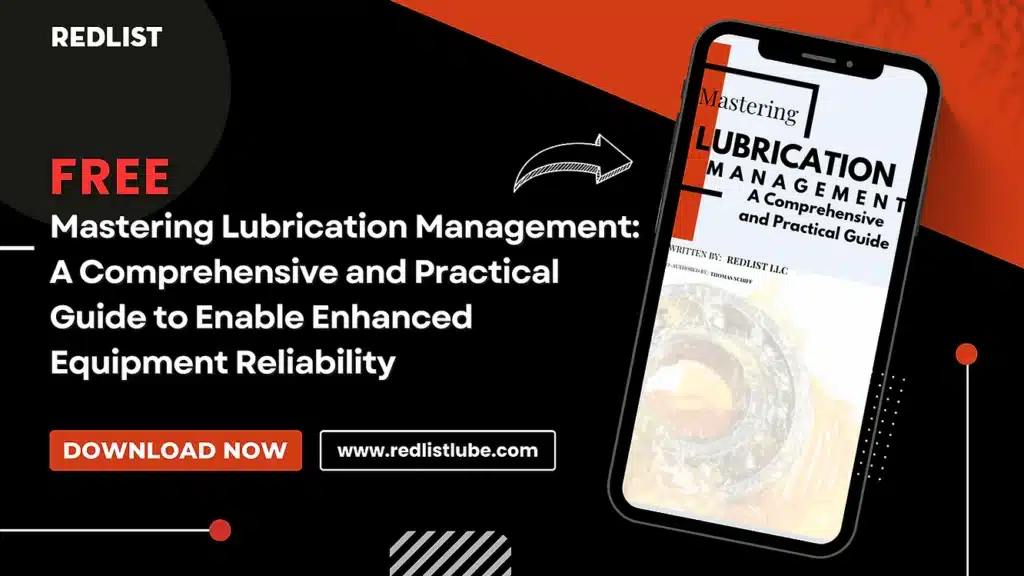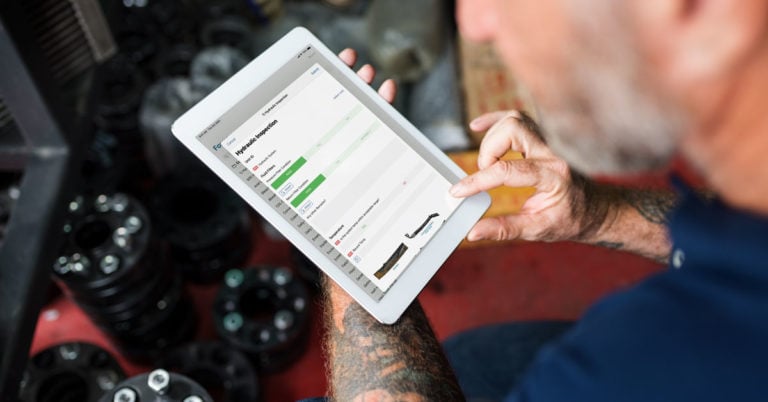If you’re responsible for lubricating machinery in a plant or factory, choosing the right grease is important. Not all greases are created equal – some will withstand high temperatures, while others are better at resisting water and other contaminants. So how do you choose the right grease? Begin with understanding the components of grease and its properties. For starters, almost 70% of grease on the market is lithium soap-based grease! So, in this blog post, we’ll take a look at it and explain why it might be the best choice for your application.
What is Lithium Soap-Based Grease?
It is a highly versatile, multipurpose grease invented in the 1940s. The product consists of mineral or synthetic oil and hardened castor oil fatty acids called lithium stearate or lithium salt. Lithium soap-based grease:
- Has a wide temperature range
- Is very mechanically stable
- Has a high water resistance
In almost all industrial sectors, it is the most preferred bearing grease.
Benefits of a Lithium Soap-Based Grease
Lithium soap is the thickener that turns the base oil into grease. So, it is best to compare lithium soap-based grease to those using other thickeners, such as sodium and calcium soap thickeners. In most cases, lithium soap-based greases offer so many advantages that the additional cost is easily offset by increased performance.
A few of its benefits include:
- A high dropping point of 190-200°C (374-392°F)
- Depending on the base oil, a good low-temperature function
- Perfect for almost all types of bearings
- Highly water-resistant
- A high degree of shear stability
- Exceptional thermal stability
- Long-term storage stability
- A long useful life
- Pumpable
- Smooth structure
- Available as an extreme pressure (EP) grease, which adds high load and anti-wear abilities.
The Disadvantages of Lithium Grease
While lithium soap-based grease has a long list of benefits, it does also have a few disadvantages, including:
- Due to its high production and raw material costs, lithium grease is more expensive than other greases.
- The dropping point of 190-200°C (374-392°F) is not high enough for several high-temperature applications.
- It has lower adhesion properties, so it is not suitable for sliding or reciprocating applications.
- Calcium greases have a higher water resistance than lithium grease.
- Anticorrosion additives are specifically needed.
Lithium vs. Lithium Complex Grease
Simple lithium soap-based greases had been the mainstay of the industry until lithium complex greases became popular in the early 1980s. Compared to lithium soap-based grease, lithium complex grease is more resistant to heat, water, and rust. Since lithium complex greases contain a second thickener component, known as the complexing agent, the dropping point is higher than that of simple lithium soap greases. Moreover, this higher dropping point than simple lithium soap-based greases, allows you to use lithium complex grease at higher temperatures.
| Property | Lithium Soap-Based Grease | Lithium Complex Grease |
| Dropping Point | 385°F / 195°C | 500°F / 260°C |
| Oil Separation Resistance | Good | Excellent |
| Mechanical Stability | Good | Excellent |
| Water Resistance | Good | Excellent |
Mechanical Stability
The first major characteristic is mechanical stability, or shear stability, which is the ability of the grease to remain consistent under mechanical shear forces. Both lithium soap-based grease and lithium complex grease exhibit good shear resistance. This makes them an excellent choice for a variety of applications.
Water Resistance
The solubility of the thickener determines the water resistance of lithium complex and simple greases. Water is still soluble in lithium hydroxide, but only in small amounts. So, lithium hydroxide-based thickeners have the same properties. As a result, it is resistant to both the absorption of water and washing by water. Other thickeners such as calcium and barium are more water resistant than lithium and lithium complex thickeners, but their negative qualities make them less desirable in a wide variety of applications. Furthermore, small amounts of polymer additives can be added to lithium complex and lithium soap-based greases to improve their water resistance.
Oil Separation
Lubricating ability and storage stability are both influenced by the oil separation properties of grease. For grease to be useful, it must release enough oil in the contact zone on bearings or gears. However, it shouldn’t release too much oil during storage. Over time, if the oil separates too much in storage, it may be impossible for the grease to be reconstituted for use.
The Best Applications for Lithium Soap-Based Grease
Lithium soap-based grease is such a multipurpose grease that you can use it for many applications. Here are a few of the suitable uses:
- Industrial, automotive, and marine use
- Suitable for use at temperatures up to 130°C (266°F)
- Low, medium, and high-speed bearing grease
- Bearings with plain or rolling elements
- Gear lubrication for open and enclosed gears
- Automobile chassis lubrication
- A variety of industrial equipment including agricultural, mining, construction machinery, pumps, conveyors, elevators, chains, pulleys, cranes, shafts, wire ropes, and automotive applications require good thermal stability and water resistance.
Benefits of a Lithium Soap-Based Grease, and What is Redlist’s Role?
Redlist helps businesses stay informed about the condition and performance of their lubricants, including lithium soap-based grease. Redlist provides educational insights on the correct application of lithium soap-based grease, tailored to specific machinery requirements and operating conditions, ensuring that maintenance personnel are well-informed.
Choosing the right grease is crucial for equipment longevity. Redlist aids in this selection by analyzing equipment data and recommending the best lithium soap-based grease for each application, ensuring optimal performance and protection. Redlist enables businesses to scale operations by ensuring that lubrication practices contribute to machine reliability and longevity, reducing downtime, and fostering growth.

The Impact of Lithium Soap-Based Grease on Your Business Operations
The choice of grease can significantly affect your business operations. Using lithium soap-based grease can lead to:
- Enhanced Equipment Performance – Proper lubrication reduces wear and tear, leading to smoother operation and longer equipment life.
- Reduced Maintenance Costs – Effective lubrication minimizes the need for frequent repairs and replacements, saving on maintenance expenses.
- Increased Uptime – With the right lubrication, equipment is less likely to fail, maintaining productivity and operational efficiency.
How Can Redlist Help?
Redlist enhances lubrication management by:
- Monitoring – Tracking the application and performance of lithium soap-based grease in machinery to ensure it meets the operational demands.
- Real Time Alerts – Providing real-time alerts for re-lubrication intervals and potential lubrication failures, allowing for prompt maintenance actions.
- Analysis – Offering analytics to assess the effectiveness of the lithium soap-based grease in use, helping in making informed decisions about lubrication schedules and selections.
- Documentation – Keeping detailed records of lubrication activities, analyzes, and outcomes is essential for compliance and continuous improvement in lubrication practices.

Integrating lithium soap-based grease into your maintenance regime through a platform like Redlist can safeguard your machinery, streamline your operations, and catalyze the growth and sustainability of your business. By harnessing Redlist’s capabilities, companies can ensure that they are using their lithium soap-based grease effectively, protecting their investments, and maintaining a competitive edge in the market.


